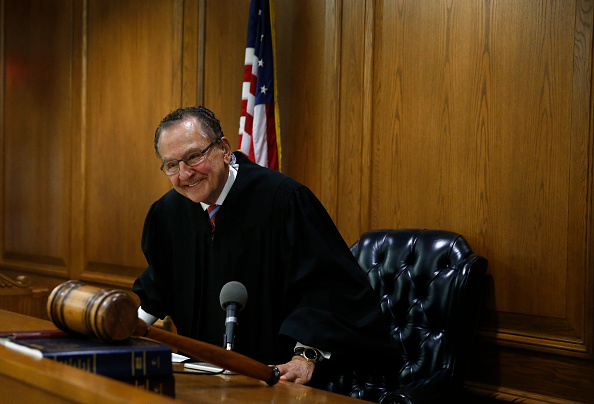Letters to the Editor
More Movie Tips

Illustration by Brenan Sharp and Stephen Webster.
And it is surprising your list did not include A Civil Action (1998), the true story of how a lawyer's hubris can destroy his practice and injure his clients no matter how righteous the cause. Plus, any such list must include Witness for the Prosecution (1957), with its climactic cross-examination of the wife of the accused murderer, where the barrister as portrayed by the wily Charles Laughton shows how to use a piece of demonstrative evidence to trick the clever wife (Marlene Dietrich) into admitting something she had no intention of admitting.
Finally, as for the lesson of your aptly chosen Anatomy of a Murder (1959), you left out perhaps its greatest lesson—that the lawyer can win his client's case only to see him skip town without paying his well-earned fee.
Gus Bauman
Washington, D.C. Write a letter to the editor, share a story tip or update, or report an error.



